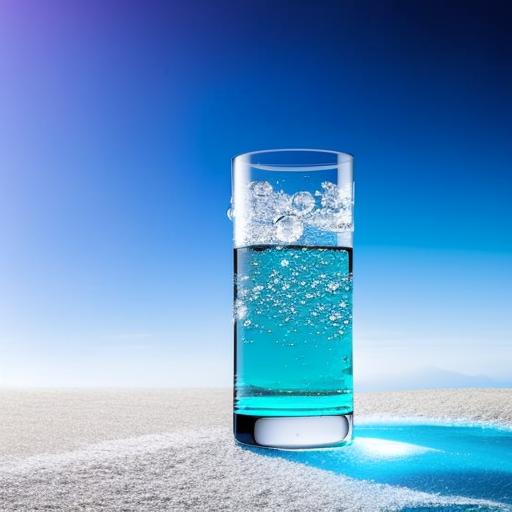Is Molecular Hydrogen Safe?
The simple answer is “yes”
Scientific research and evidence overwhelmingly support the safety of molecular hydrogen. It is the simplest and most abundant molecule in the universe, and numerous studies have demonstrated its non-toxic nature. Hydrogen gas is widely used in various industries, including food production, electronics, and metal processing, further attesting to its safety record.
In terms of its application in healthcare, molecular hydrogen has undergone rigorous investigation. Numerous preclinical and clinical studies have explored its safety profile, consistently indicating no serious adverse events associated with its use.
For example, in this Japanese randomized double-blind placebo-controlled trial published in 2021, the authors conclude that H2 is a promising new therapeutic agent with a good safety profile.
In a US study in 2021 that investigated the safety of prolonged inhalation of hydrogen gas in healthy adults.
- A double-blind, placebo-controlled trial was conducted to investigate the safety of prolonged inhalation of hydrogen gas in healthy adults.
- The study included 50 participants who were randomly assigned to inhale either hydrogen gas or placebo gas for 6 hours per day for 7 days.
- The results of the study showed that Inhalation of 2.4% H2 appears to be well tolerated with no clinically significant adverse events reported in either the hydrogen gas group or the placebo group.
- no clinically significant changes in vital signs, neurologic examination, pulmonary function testing, or ECG changes, nor in any laboratory variables associated with up to 72 hours of H2 inhalation.
- The only minor adverse event that was reported was a slight headache in one participant in the hydrogen gas group.
- Overall, the study concluded that prolonged inhalation of hydrogen gas is safe in healthy adults.
Furthermore, long-term safety evaluations have shown no significant concerns. Although hydrogen therapy is a relatively new treatment, studies conducted thus far have reported minor and rare side effects.
The most commonly reported side effect is loose stool or diarrhea, which occurred in a minimal percentage of participants. Other rarely reported side effects include nausea, vomiting, headache, dizziness, and skin rash. It's important to note that these effects are generally mild and transient, subsiding on their own.
As of 2023, Japan has approved molecular hydrogen for medical use. The Japanese government authorized hydrogen gas as a medical food for the treatment of conditions like cerebral palsy, amyotrophic lateral sclerosis (ALS), diabetes, stroke, and chronic obstructive pulmonary disease (COPD).
Hydrogen is approved for hospital use in China. In 2017, the National Medical Products Administration (NMPA) of China approved the use of hydrogen gas as a medical food for the treatment of cerebral palsy and amyotrophic lateral sclerosis (ALS). The approval was based on the results of clinical trials that showed that hydrogen gas was safe and effective in treating these conditions.
Other countries, including the United States, South Korea, Germany, Italy, France, Spain, and Canada, are actively investigating molecular hydrogen's medical uses through ongoing clinical trials.
In conclusion, the scientific evidence overwhelmingly supports the safety of molecular hydrogen. Extensive research has demonstrated its non-toxic nature, and clinical studies have consistently reported no serious adverse events. While minor and rare side effects have been observed, they are generally mild and transient.
However, as with any medical intervention, it is advisable to consult with a healthcare professional before incorporating molecular hydrogen into your healthcare routine.
If you are considering hydrogen therapy, it is important to talk to your doctor about the potential risks and benefits. It is also important to note that hydrogen therapy should not be used as a substitute for medical treatment. If you are experiencing any health problems, you should see a doctor.
Stay informed about the latest research findings and regulatory approvals to make well-informed decisions regarding hydrogen therapy.
For more information, go to: https://molecularhydrogeninstitute.org/

